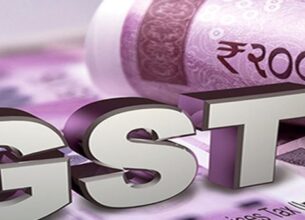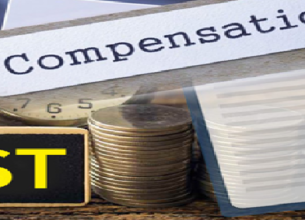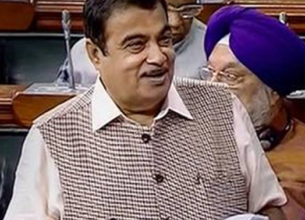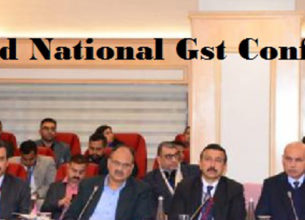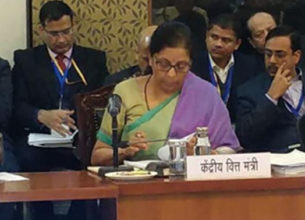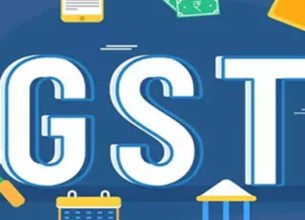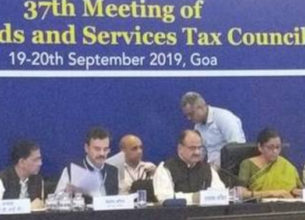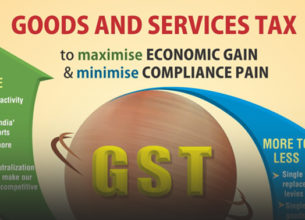GST Revenues Cross 1.3 Lakh Crore in Feb
09, Mar 2022
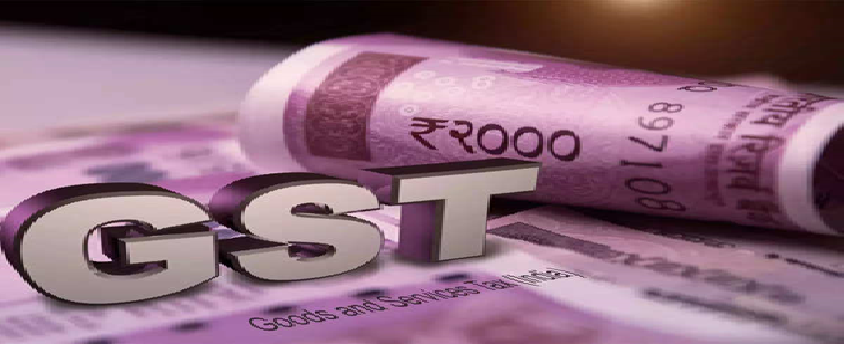
Prelims level : Economy
Mains level : GS-III Indian Economy
Why in News?
- The Gross Goods and Services Tax (GST) Revenue in February was 26% higher than the pre-pandemic levels at ₹1,33,026 crore.
What is GST?
- GST is an Indirect tax that has replaced many Indirect Taxes in India such as excise duty, VAT, services tax, etc.
- The Goods and Service Tax Act was passed in Parliament on 29th March 2017 and came into effect on 1st July 2017. It is a single domestic indirect tax law for the entire country.
- It is a comprehensive, multi-stage, destination-based tax that is levied on every value addition.
- Under the GST regime, the tax is levied at every point of sale. In the case of intra-state sales, Central GST and State GST are charged. All the inter-state sales are chargeable to the Integrated GST.
What are the Components of GST?
- There are three taxes applicable under this system:
- CGST: It is the tax collected by the Central Government on an intra-state sale (e.g., a transaction happening within Maharashtra)
- SGST: It is the tax collected by the state government on an intra-state sale (e.g., a transaction happening within Maharashtra)
- IGST: It is a tax collected by the Central Government for an inter-state sale (e.g., Maharashtra to Tamil Nadu)
Advantages Of GST:
- GST has mainly removed the cascading effect on the sale of goods and services.
- Removal of the cascading effect has impacted the cost of goods.
- Since the GST regime eliminates the tax on tax, the cost of goods decreases.
- Also, GST is mainly technologically driven.
- All the activities like registration, return filing, application for refund and response to notice needs to be done online on the GST portal, which accelerates the processes.
Issues with GST:
- High operational cost
- GST has given rise to complexity for many business owners across the nation.
- GST has received criticism for being called a ‘Disability Tax’ as it now taxes articles such as braille paper, wheelchairs, hearing aid etc.
- Petrol is not under GST, which goes against the ideals of the Unification of Commodities.
- Take a look at the share of GST in Government Earnings for the previous fiscal:



